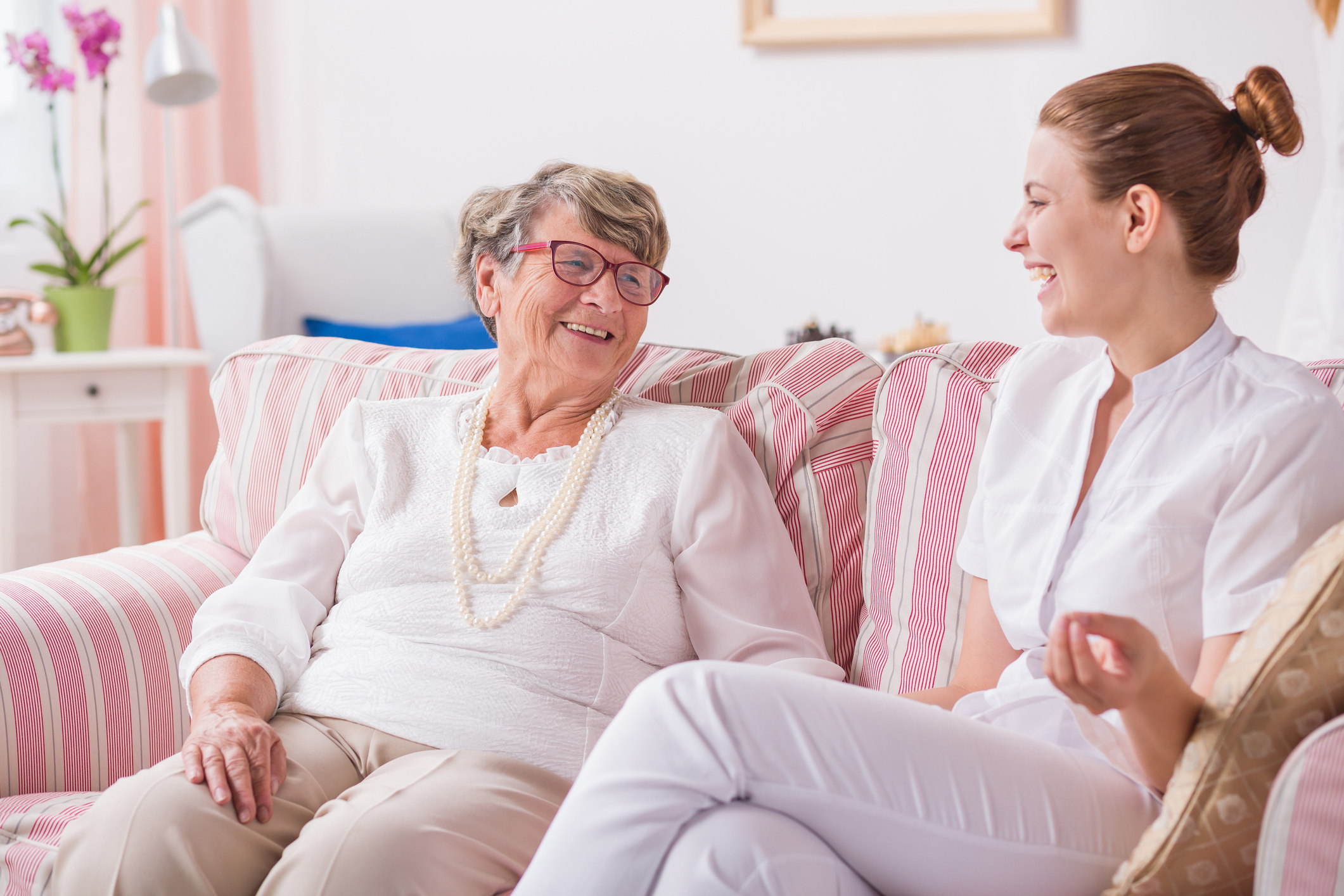
Ovarian cancer
About 370 women in Ireland each year are diagnosed with ovarian cancer.
The main treatment for ovarian cancer is a combination of surgery and chemotherapy. Some patients will benefit from targeted therapy drugs.
On this page:
What is ovarian cancer?
Ovarian cancer is when the normal cells in the ovary change and grow to form a tumour.
Because the ovaries are deep in the pelvis, if the tumour gets bigger it may affect nearby organs. This can include the bladder or the bowel. This in turn can lead to symptoms.
Ovarian cancer is one of the more common cancers in women. Each year about 370 women are diagnosed with it in Ireland.*
What are the ovaries and what do they do?
The ovaries are part of the female reproductive system. They are two small oval-shaped organs on each side of your womb in your lower abdomen (pelvis).
Each month, if you are fertile, an egg is made in one of your ovaries. The egg leaves your ovary and passes down a tube called the fallopian tube to your womb. If the egg is not fertilised by sperm, it leaves your womb with the lining of the womb. This happens as part of a monthly cycle known as a period (menstruation). The ovaries make the female sex hormones, oestrogen and progesterone, which control your periods.
You are fertile from the age when periods starts (puberty) to when they stop (menopause). During the menopause less hormones are made, so periods gradually stop.
Note:
We use the term ‘woman / women’ in our ovarian cancer information but we understand that not everyone who has ovaries identifies as a woman.
Whoever you are, wherever you come from, we are here for you. For confidential advice, information and support, contact our Support Line on Freephone 1800 200 700.
More information about ovarian cancer
This is GO
For more information on ovarian cancer, you can also look at This is GO, which gives tailored information for people worried about ovarian cancer, people diagnosed with ovarian cancer and for friends and relatives. This is GO is part of the Women's Health Initiative, a research project supported by the Irish Cancer Society.
After ovarian cancer treatment
Looking for support?
Our cancer support section contains information and advice on coping with cancer for diagnosed patients and their loved ones.
Medical content updated from our Understanding Ovarian Cancer booklet (2023). Reviewed by Dr. Claire Thompson, Consultant Gynaecological Oncologist, Emma Nixon, Gynaecological Oncology Clinical Nurse Specialist and Mary Loftus, Daffodil Centre Nurse.
*The Irish Cancer Society uses the most up-to-date cancer statistics from the National Cancer Registry Ireland, available on www.ncri.ie

For more information
Phone
1800 200 700







